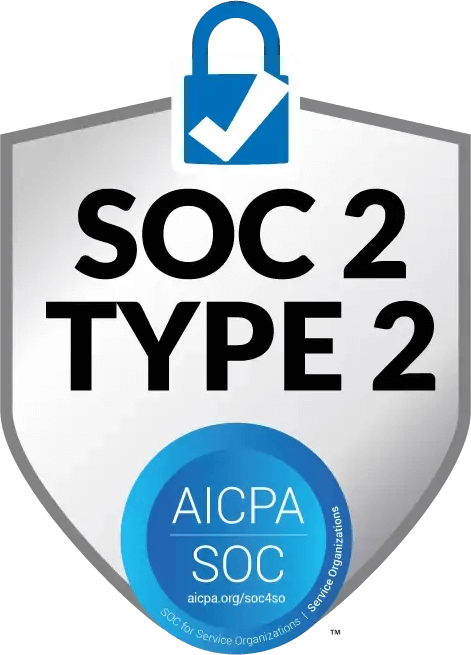The Five Essential Financial Reports: Can You Get Them in QuickBooks Online?
The five key financial reports every construction company should track and how to generate them.



Contents
An Introduction to Essential Reporting
Building a successful construction business without tracking financials is like building a house without blueprints – it's unlikely to last. But don't worry, managing your company's finances doesn't require an accounting degree. In fact, there are just five key reports you need to keep an eye on. Today, we'll dive into these reports and evaluate how QuickBooks Online and QuickBooks Desktop handle them.
This article is geared towards construction businesses with low direct labor spend; if your company has high direct labor costs, consider checking out this comprehensive review by Adaptive Partner Penny Lane on labor tracking differences between QuickBooks Online and QuickBooks Desktop.
The Five Reports
Job Profitability Report
- Purpose: This report shows your profits for different jobs, helping you pinpoint the most profitable types of work and showing your job-level profit margins. Your job-level profit margin needs to be higher than your overhead as a percentage of revenue.
- Columns: Job Name, Estimated Cost, Actual Cost, Estimated Revenue, Actual Revenue, Estimated Profit, Actual Profit, Estimated Profit Margin, Actual Profit Margin
Estimated vs. Actual Cost Detail
- Purpose: This report checks the accuracy of your estimates and highlights areas where you might need to make adjustments. Having this info in real-time lets you take action quickly by creating change orders or negotiating with vendors. Don’t wait until the project's end to review this!
- Columns: Cost Code, Estimated Cost, Actual Cost, Over/Under Budget
Overhead Costs Report
- Purpose: This report tracks "indirect" costs or costs not directly related to a job. It's important to know what percentage of your revenue is eaten up by overhead, as your mark-up on jobs needs to beat this percentage to be profitable.
- Columns: Expense Type, Expense Amount, Expense % of Revenue
Over / Under Billed Report
- Purpose: This report helps manage cash flow by indicating when and how much to invoice.
- Columns: This report varies depending on whether you are doing a Cost Plus or % Complete Job. For % Complete jobs, columns include Estimated Costs, Actual Costs, % Complete (Actual / Estimated), Estimated Revenue, Earned Revenue, Actual Revenue, Amount Over/Under Billed. For Cost Plus Jobs, focus on Actual Costs, Actual Revenue, Amount Over/Under Billed
Vendor / Subcontractor Payment Report
- Purpose: This report helps keep track of payments to vendors, including amounts paid and due, assisting in handling vendor payment questions and year-end insurance audits.
- Columns: Vendor, Job, Amount Paid, Amount Unpaid
Showdown: QuickBooks Online vs. QuickBooks Desktop
%252520(1).png)
The Case for Automating Your Bookkeeping
Remember, the quality of reporting is only as good as the data that feeds it – garbage in, garbage out. Accurate reporting demands careful, real-time tracking of both estimated and actual figures, which can be a tough job to manage.
That's where Adaptive comes in. Our platform, built specifically for construction companies, uses cutting-edge AI to automate bookkeeping and reporting. Just forward receipts and bills to our platform, and our system automatically reads and processes the information. Project-specific approval workflows make sure transaction coding is right on the money, and our system shows the remaining budget for each job during the approval process. Plus, we make invoicing a breeze – load up budgets and draw schedules, and generate invoices with just a few clicks. Finally, Adaptive lets you create any report you need, including those discussed here, as well as WIP, cash flow, and more. We’ll help you dial in your reporting while streamlining processes and boosting profitability.
In conclusion, financial reporting is a cornerstone of running a successful construction business. The right tools can significantly improve the quality of your financial reports and the ease of generating them. Both QuickBooks Online and QuickBooks Desktop offer various features useful for construction companies, but each has its unique strengths and limitations. By understanding your company's specific needs and employing tools like Adaptive to automate bookkeeping, you can ensure access to precise, real-time financials.
Unsure how to implement or optimize your financial tools to get accurate reporting? Reach out to Melissa at Turquant Business Services. She offers comprehensive bookkeeping services and software optimization services to bring clarity to bookkeeping and financial reporting for builders. Book a discovery call with Melissa today!


Ready for crystal clear financials without the headache?
Let us show you how Adaptive's AI-powered construction financial management software works in a brief 30 minute demo with someone from our team.







